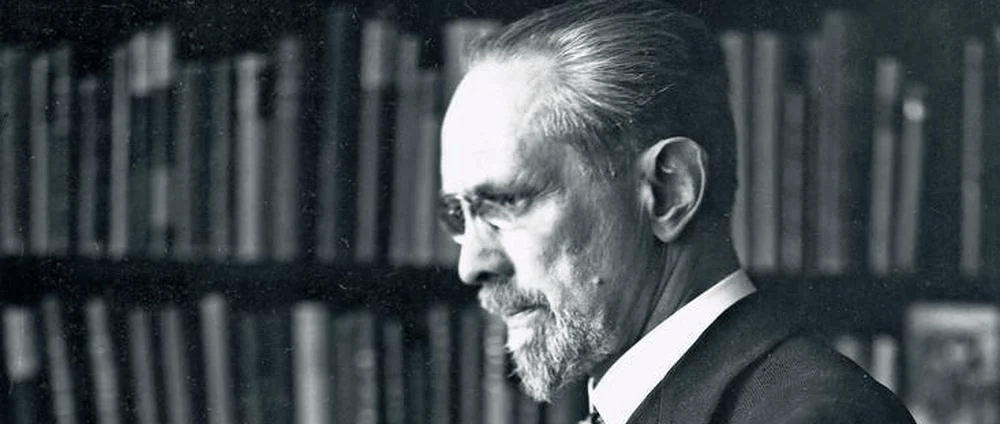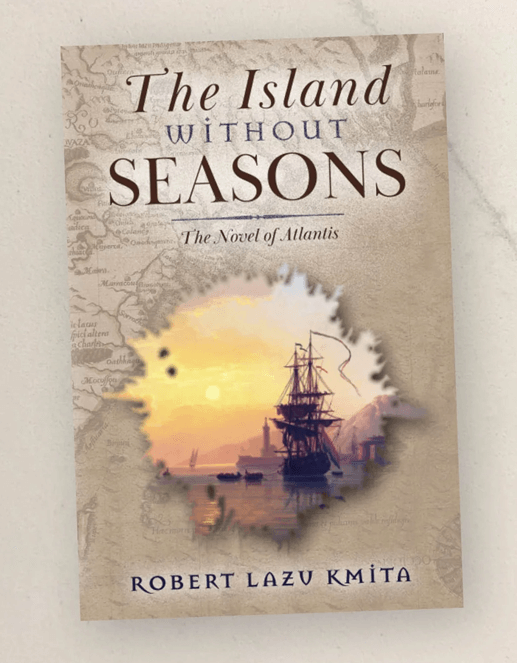It’s Not All About Psychology

We were in Phoenix, waiting for the connecting flight to Philadelphia, when we noticed a young couple and their little girl on the seats across the aisle from us.
They were a charming sight. The child was what in the nineteenth century, would’ve been called “golden-haired.” With perfectly symmetrical little features and large, solemn eyes, she was clearly going to be a beauty.
Since I have no reason to think of myself as savvy with children, I was gratified to see her frequently turn those blue eyes in my direction, as if she were seeing something of interest to her.
The couple were in their twenties. The father held her on his lap while the mother spoon-fed her some kind of baby goop from plastic containers, probably brought from home. The young couple seemed very much on the same wavelength. Their child looked so loved, approved of, and entirely at home in her surroundings, that one watched her with a stifled sigh, thinking, nothing bad has ever happened to her.
Yet.
Then, while we watched these adoring parents interact with their child-of-sunshine-and-light, something bad did happen.
Since others watching might not have noticed the event, I’ll try to make it as clear as I can. Here’s what happened. Lunch had gone on long enough. The child had been fed sufficiently. But her adoring mother did not want to stop the delicious feeding-time interlude, so she kept on with it, popping what looked like raisins into her daughter’s no-longer-eager small mouth.
I saw what was going on. This child – so accepted and made-much-of – did not want to spit out the raisins, gag, or make gestures of disgust. She’d gotten into this dance partnership with her delighted mother and, out of tact, had decided not to break the spell.
For the first time, her smile looked false and was accompanied by little gestures of seemingly arbitrary irritation.
As I perceived it, she was exiting Eden and going to live henceforth in the Land of Nod [or Land of Lies at which We Nod] on the East of Eden.
As it happens, on the flight from Ontario to Phoenix, I’d been reading a book by Jonathan Culler, whose title is Literary Theory: A Very Short Introduction. Published by Oxford Press, what it provides is a short course in post-modernism. Rather than survey all the theorists with their distinct schools and movements, I can give you the gist right here:
It’s impossible to get at the truth.
Now let’s go back to the choices faced by our little girl. Either she disappoints the young parents who’ve been inundating her with their love and care, or she accepts their tokens of care, which are overloading her gut.
She knows this in her little gut.
So, she does know the truth. Sorry, Jonathan Culler! Sorry, Oxford Press! And, at least for now, she has made the decision not to disappoint her adoring parents. There will be others – grownups to begin with, peers later – who’ll be irresistibly attracted to the little beauty but, in exchange for their homage, may exact the following price: that she fit herself into their idea of her.
The post-moderns are wrong. In many instances, the truth is not particularly hard to get at. Only, there may be a cost.
Plato is not usually thought of as a psychologist but, in his way, he may be the greatest philosophical psychologist of them all. The main thing about a person, for Plato, is not introversion, extroversion, sex drive, narcissism, phobias, and so on. The deciding factor in personal makeup is whether or not the person will seek the truth.
In dialogue after Platonic dialogue, the speakers who walk away when their favorite ideas are refuted are people who don’t want to know anything nontrivial beyond what they think they already know. The dialogue itself culls the discussants. The ones who stay the course are the lovers of wisdom. For them, truth is the motivating factor – not their desires, fears, phobias, hopes or propensities. They don’t want to believe what is not true. And they don’t want to lie.
What does all this have to do with our little girl? For me, she stands in for All Women and the Dilemmas of Women.
The desire to attract and please is not a foible and is not found only in those women who suffer from character weakness. It has to do with women’s biological and cultural situation. Let me spell this out.
What does a pregnant woman face? Before that happened, she was already vulnerable relative to men – in terms of musculature, hormones favoring aggression, impregnability, the monthly discharges in blood of unfertilized eggs, always inconvenient, sometimes embarrassing, lasting from puberty to middle age, attended by cramps, ending in middle age with embarrassingly visible hot flashes – and she has already been imprinted by whatever adjustments to this biological situation were approved by the culture. Of course, once she’s pregnant, her vulnerability multiplies exponentially.
How much leeway does that woman have if she chooses to seek some further truth – much less to be a seeker of truth primarily – seeking it at the risk of alienating any of her present protectors?
The degree of truth-seeking that one does is the deciding factor in a human life. This is as much the case in a woman’s life as in a man’s. But the risks, for a woman, even in the most favorable circumstances, are so much higher than for a man!
And the feasible stratagems – for coping effectively with those obstacles – so much more subtle!




